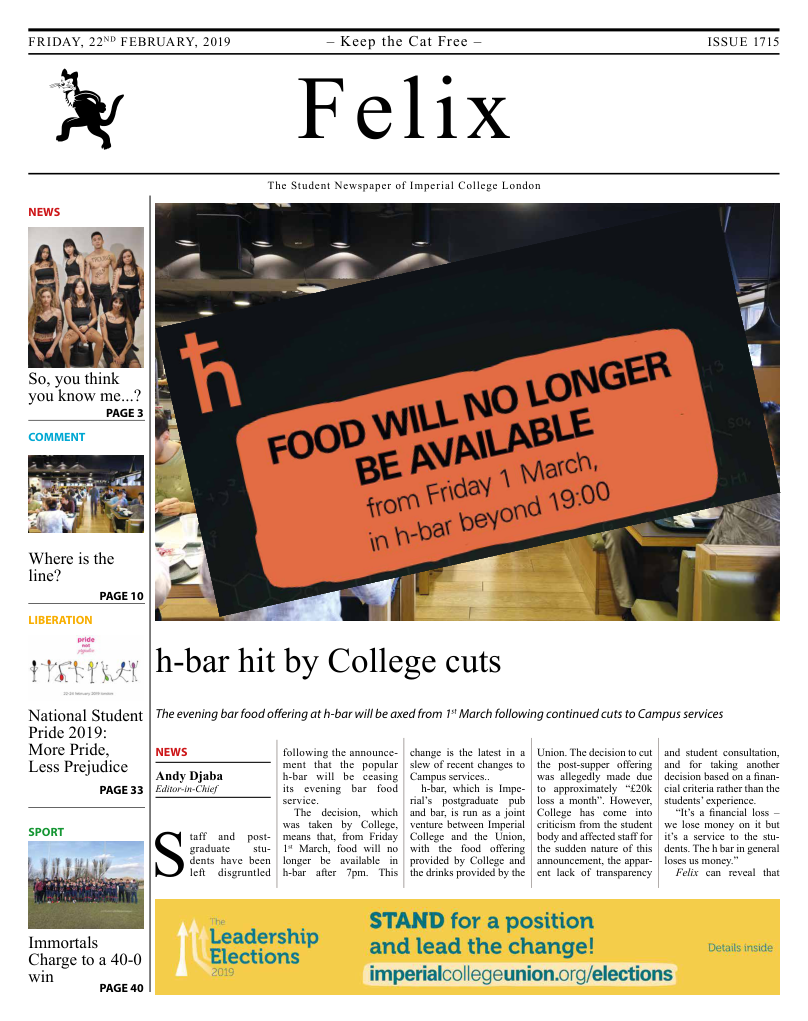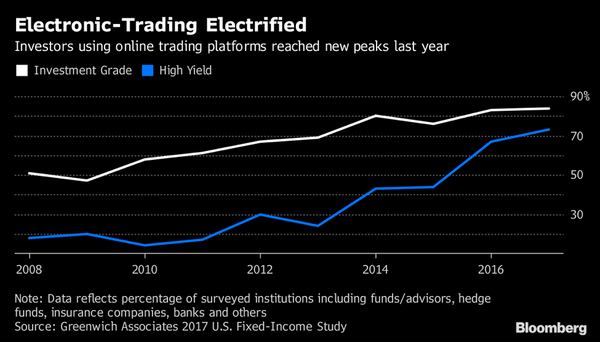Sovereign debt: a tale of two dilemma’s


At the beginning of the month, Beth Hammack, a senior Goldman Sachs banker and chair of the government advisory group know as the Treasury Bond Advisory Committee sent a letter to Steven Mnuchin, Treasury Secretary, warning that according to TBAC calculations, America will need to sell $12 trillion of bonds before the end of the decade. The question loomed that who in the global financial industry will buy this vast amount of treasuries? This is especially worrying after China’s holdings of US treasuries (previously probably the most reliable source for demand for American debt as it amassed vast foreign exchange reserves amid its export boom) shrank from $1.25tn to $1.12tn over three years. Chinese diplomats deny that this is part of a political game amid trade tensions between the two superpowers. Fang Xinghai, vice-chairman of the China Regulatory Commission stressed that Beijing does not intend to “significantly reduce its investment into the US government bond market”. Instead many investors see the declining Chinese demand for US debt as a result of its slowing imports and changing demographics. Furthermore, China is not alone. Ms. Hammack warned in her letter about “a stagnation in international reserves” and that in the future there must be “an increased need for this [US] debt to be financed domestically”. Fortunately, American domestic savers have been filling the gap. American households held nearly $2.3tn in Treasuries in November last year, increasing from $1.9tn from January. Despite this, with the governments increased spending plans the need for US debt is rising. Some hedge-funds now conclude that in five years’ time the Treasury will need to sell bonds equivalent to 25% of GDP, up from 15% now. That level of debt has only occurred twice in the past 120 years. Once during the second world war and again during the 2008 financial crisis. The clear solution would be for the Trump administration to change its fiscal aims and reduce its reliance of debt, but with no mention of the problem during his State of the Union speech, that is very unlikely. Further souring the situation is the $9 trillion corporate debt bomb, “bubbling” in the US economy. Many Investors worry about this as the current cash-to-debt ratio for corporate borrowers fell to 12% (lowest ever), which means there is a shortage of cash to cover this debt. There is no slowing this advance as the Fed U-turns on interest rate hikes, causing cash to funnel into bonds, whose fixed interest payments become more valuable if the base rates fall. However, this was expected as Investors feared that increasing interest rates would push the US economy into recession, bringing to an end a credit cycle which had seen companies stockpile low rate debt. Despite this, Hans Mikkelsen, a strategist at Bank of America Merrill Lynch, warned that a further increase in supply could test investor demand as seen with sovereign bonds.
Meanwhile, across the pond Germany’s insistence on running a balanced budget and a current account surplus has led to no expansion in debt issuance. Consequently, there is an undersupply of Bunds, creating a shortage of safe assets in the eurozone. This leads to exacerbation of the price effect of European Bank bond-buying, increasing the spread between German yields and those of riskier assets for example Italian sovereign bonds. The yield of the 10-year Bund has slipped this year to 0.1%, increasing the spread against equivalent Italian bonds to 2.9%. EU budget rules do aim to ward off excessive surpluses, as the euro was created “as a means of strengthening the political bonds between [European Nations]” as stated by the European Commission. By deliberately under borrowing you leave the continent’s banks and pension funds suffocating under a shortage of safe assets. Is Germany therefore fulfilling that pledge? Interestingly the shortage of bunds has many investors worried about bubbles in sectors such as real estate. Investors need to put their money in something and when there aren’t enough Bunds going around they are forced into substitute assets which become overloaded and hence suffer price bubbles.









